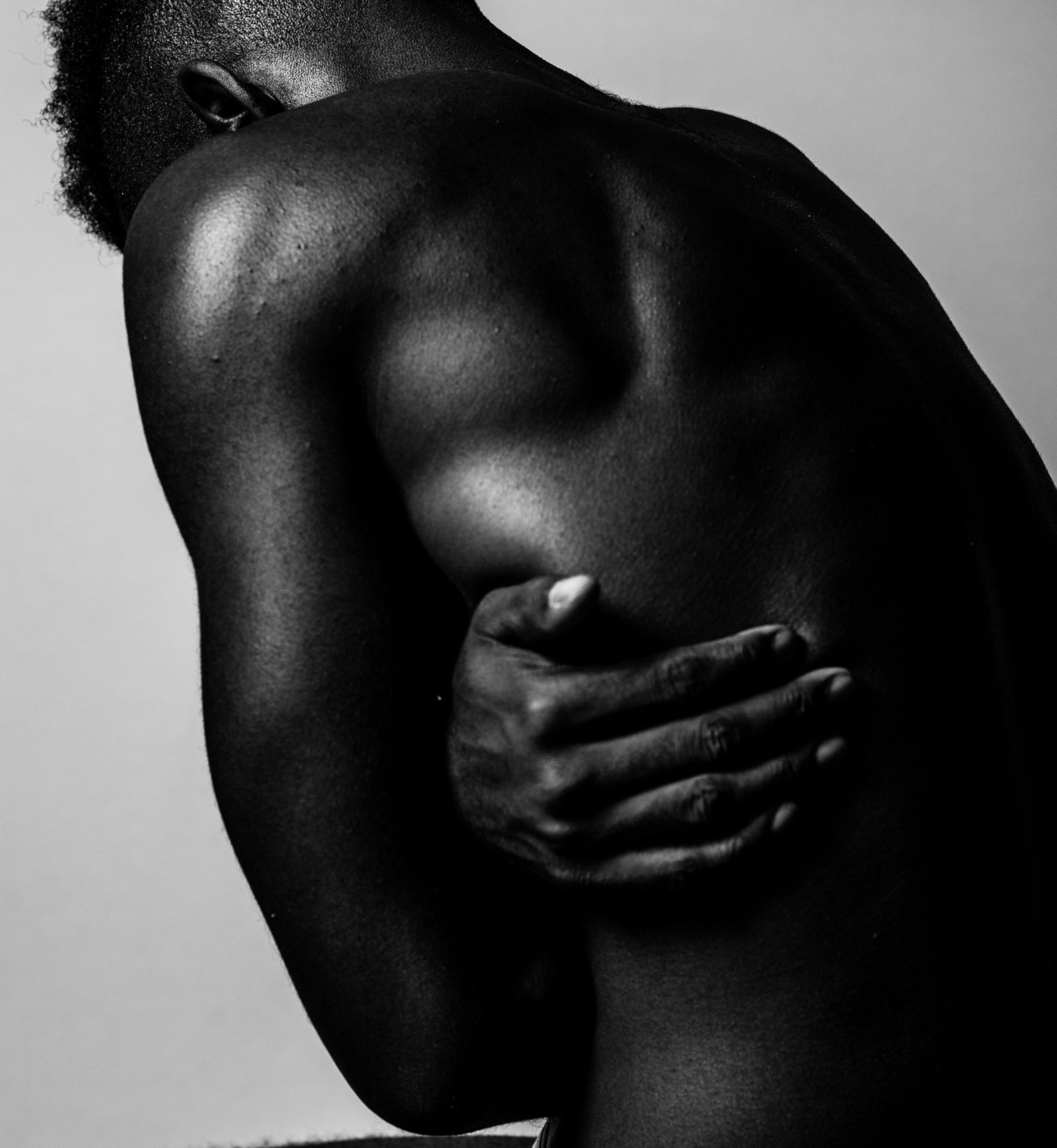Eating disorders in boys and men: a very real problem
There is a growing crisis of eating disorders in the UK. With social and exam pressures, and trapped beneath the influence of social media, young people are particularly vulnerable. One of the greatest misconceptions surrounding eating disorders is that they are a “female problem”. This couldn’t be further from the truth.
The number of adult men being admitted to hospital with an eating disorder has risen by 70% over the past six years, the same rate of increase as among women. Over 16,000 men and women were admitted to hospitals in the UK last year with eating disorders, the greatest spike in eight years. So why is it that we continue to see eating disorders such as anorexia and bulimia as a woman-only problem? With estimates as high as 1 in 3 eating disorders being male, how can we fight the stigma attached to these mental illnesses before it’s too late?
The author Samuel Pollen has recently published a book titled The Year I Didn’t Eat, a fictional story based on real life events about a 14-year-old boy struggling with anorexia. Pollen began suffering from anorexia at the age of 12, and describes his experience as having a “bad cop” voice inside his head that grew to be all-consuming.
The longer these behaviours are allowed to manifest themselves, the harder they are to break
However, whilst he seeks to point out the struggles of living with an eating disorder, Pollen’s message is, overall, a positive one. With the right support systems in place, Pollen believes that men and women can recover from this mental illness and live very successful lives. We need to be tackling society. As Pollen says, “eating disorders happen when people look at who they think society wants them or expects them to be and they see a mismatch.” This is why early intervention is so critical; “breaking patterns and behaviours is such a big part of the treatment”. The longer these behaviours are allowed to manifest themselves, the harder they are to break. The voice of the bad cop works its way deeper into its victim’s mind.
The societal pressures placed on women to look a certain way is thought to be one of the leading causes of eating disorders in the UK. But these same expectations exist for men, just under a different set of criteria. Pollen notes that “my eating disorder was very fitness based”. The early ‘90s grunge scene had popularised thinness in male bodies for the first time and this left Pollen feeling “conflicted” about his body. The traditional body builder-style physique was no longer desirable for men of his age, and this contributed to Pollen’s body dysmorphia. He remembers, “I wanted to be really muscly and thin and taller than I was”.
Images of unhealthy male body ideals in the media place unnecessary pressure on vulnerable people
Rhianna Lambert, a Harley Street nutritionist has argued there still exists a stereotype that eating disorders are only experienced by “privileged, appearance-obsessed women”, but that she has met “people of every race, gender, sexuality and personality with disordered eating patterns”. It is clear that there remains an ongoing gender bias in how we as a society look at eating disorders. If we continue to exclude half of the population in our fight against them, we will bear the consequences greatly.
With the rise of social media, more and more young people are exposed to eating-related disorders. Dr William Rhys Jones, of the Royal College of Psychiatrists’ eating disorders faculty has said: “pressure for body perfection is on the rise for men of all ages, which is a risk factor for developing an eating disorder. Images of unhealthy male body ideals in the media place unnecessary pressure on vulnerable people who strive for acceptance through the way they look.”
Only just recently has Instagram been held accountable for allowing the promotion of life-threatening eating disorders on their site. Beat, the UK’s leading eating disorder charity has said that: “so-called pro-ana and pro-mia content is widespread on social media and can be very harmful for people suffering from an eating disorder”. Whilst there is no evidence to suggest that those exposed to these types of images will all develop eating disorders, research has found that for those already suffering, this content is highly damaging.
Regardless of gender, sexuality, race or religion, eating disorders are a very real problem in our society
So, what can we do to solve this growing epidemic of male eating disorders in the UK? The charity MaleVoicED is working to provide support for men with eating-related disorders and is spreading awareness.
In addition to this, NHS England are investing an extra £30 million each year as part of a long-term plan to tackle eating disorders in the UK, an investment that will surely help to de-stigmatise the problem of mental health among men.
If we continue to make changes such as these, perhaps we will see a shift in focus for the young people of our society. Instead of glamorising these unhealthy behaviours, perhaps we will learn to treat them as the serious societal issue that they are. It is clear that regardless of gender, sexuality, race or religion, eating disorders are a very real problem in our society, and one that deserves our immediate attention.

Comments